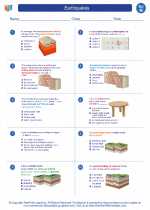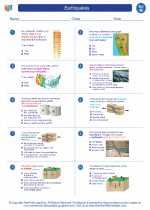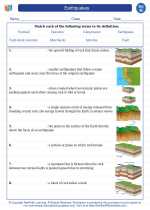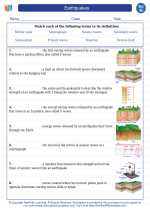Lipids
Lipids are a diverse group of organic compounds that are insoluble in water but soluble in nonpolar solvents. They play important roles in the human body, including energy storage, insulation, and protection of vital organs. The main types of lipids include triglycerides, phospholipids, and steroids.
Triglycerides
Triglycerides are the most common type of lipid found in the human body. They are composed of a glycerol molecule and three fatty acid chains. Triglycerides serve as a concentrated source of energy, as well as insulation and protection for organs.
Phospholipids
Phospholipids are a major component of cell membranes. They have a hydrophilic (water-attracting) head and two hydrophobic (water-repelling) tails, which help create the structure of the cell membrane and regulate the passage of molecules in and out of the cell.
Steroids
Steroids are a class of lipids characterized by a carbon skeleton consisting of four fused rings. Examples of steroids include cholesterol, which is a structural component of cell membranes, and hormones such as estrogen and testosterone.
Functions of Lipids
- Energy storage
- Insulation
- Protection of vital organs
- Component of cell membranes
- Hormone production
Study Guide Questions
- What are the main types of lipids?
- What is the structure of triglycerides?
- How do phospholipids contribute to the structure of cell membranes?
- Give examples of steroids and their functions in the body.
- What are the functions of lipids in the human body?
◂Science Worksheets and Study Guides Eighth Grade. Earthquakes

 Worksheet/Answer key
Worksheet/Answer key
 Worksheet/Answer key
Worksheet/Answer key
 Vocabulary/Answer key
Vocabulary/Answer key
 Vocabulary/Answer key
Vocabulary/Answer key
 Vocabulary/Answer key
Vocabulary/Answer key
 Vocabulary/Answer key
Vocabulary/Answer key
